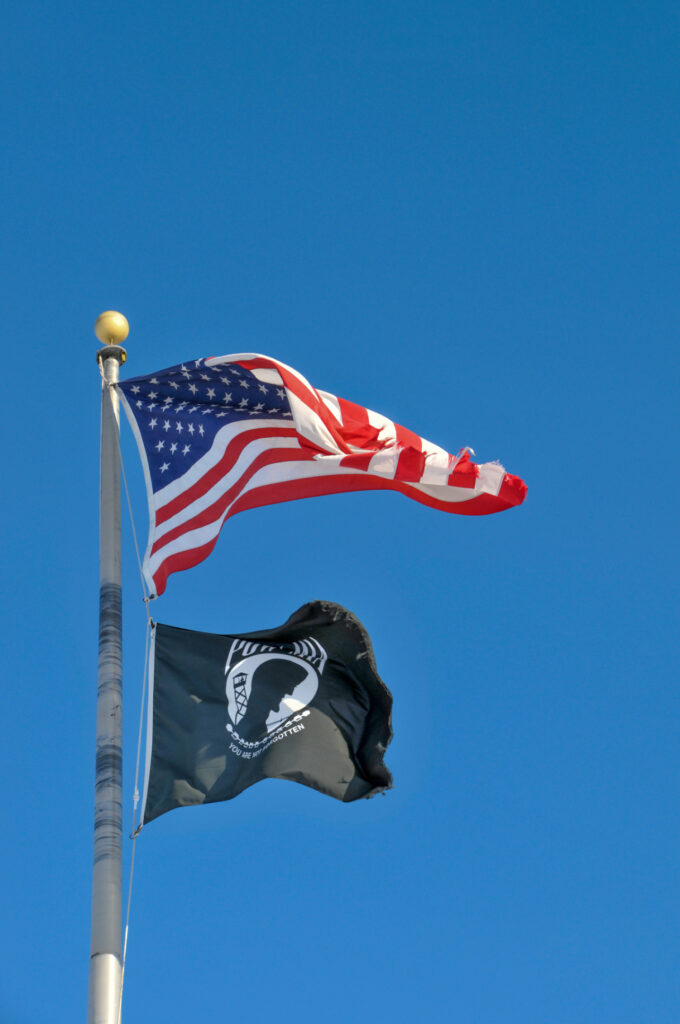New Alabama Law Shields Cops from Lawsuits—Critics Say It Goes Too Far

A new law in Alabama will soon give law enforcement officers greater legal protection when doing their jobs. Starting October 1, police officers, jail guards, dispatchers, and other law enforcement personnel will be shielded from both lawsuits and criminal charges in many situations—so long as their actions are within the scope of their official duties.
The legislation, known as House Bill 202, passed both the House and Senate earlier this spring. In the House, the vote was 75 to 26, and in the Senate, it passed with a 25 to 6 vote. After making its way through both chambers and multiple rounds of discussion and amendments, the bill was signed into law on May 15.
At its core, the new law gives officers immunity from being sued or prosecuted unless a plaintiff or prosecutor can prove the officer acted recklessly and without justification, or violated someone’s clear constitutional rights. The law outlines what counts as a “clearly established” right and sets a high bar for holding an officer accountable in court.
For those who want to challenge an officer’s actions, the law requires very specific evidence and legal arguments up front. If those aren’t provided in a lawsuit, the judge must dismiss the case early in the process. Officers can also ask for a case to be thrown out before trial or appeal decisions to the state’s highest court.
The law also sets rules for officers working off-duty. If a private business hires an officer for security work while in uniform, the business must carry at least $500,000 in liability insurance. If they don’t, the business owner—or even individual managers—can be held personally responsible for anything that happens.
This new measure replaces Alabama’s previous officer immunity statute and expands protections for officers in both civil and criminal cases. It also updates language in several existing state laws to make them consistent with the new standards.
Supporters of the bill say it gives officers peace of mind, especially when they have to make fast decisions under pressure. They believe the law helps prevent unfair or excessive lawsuits that could discourage good policing. Others, however, have raised concerns that it may make it harder for victims of police misconduct to seek justice.
During a legislative session that saw several bills focused on law enforcement, Senate leaders acknowledged some priorities didn’t make it through before time ran out. One of those was a bill to provide scholarships for children of officers.
“Filibusters by Senate Democrats that lasted for hours and served no purpose claimed some casualties, and the bill providing scholarships to the children of law enforcement officers was among them,” said Senate President Pro Tem Garlan Gudger in an interview with AL.com.
Gudger also said lawmakers plan to meet and look at how to improve the legislative process in the future. “We will have leadership meetings immediately looking to see how we can make this particular body function better on both sides of the aisle,” he said.
As Alabama’s new law goes into effect this fall, courts across the state will begin interpreting what it means in real-life cases. Whether it brings more confidence to officers—or raises more questions about accountability—remains to be seen. For now, it stands as one of the most far-reaching police immunity laws in the country.
RECENT










BE THE FIRST TO KNOW
More Content By
Think American News Staff











